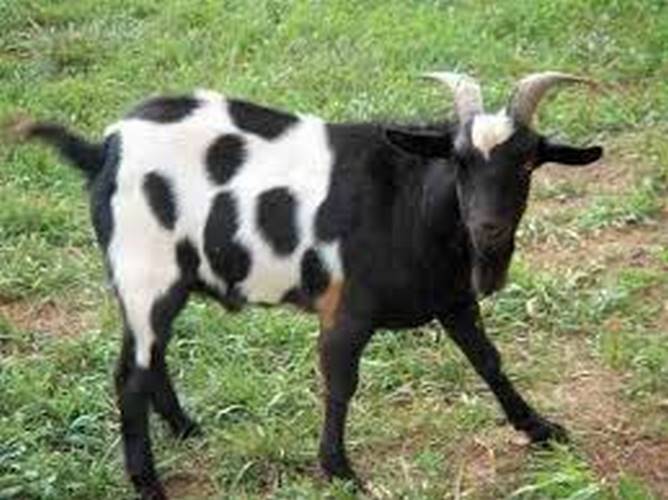In a groundbreaking move, schools in Zimbabwe, have taken a bold step towards ensuring education accessibility for all children, particularly those from cash-strapped families.
The schools have embraced a unique payment system, accepting livestock—chickens, turkeys, and goats—as tuition fees. This innovative approach aims to bridge the gap between education and poverty, creating opportunities for children from economically disadvantaged backgrounds.
Percy Muzika, the school development committee chairman, expressed the reasoning behind this decision, stating, “Most parents have no US dollars or local currency to pay for fees. So, we decided as a committee to accept payment in the form of chickens, turkeys, and goats to help improve the school’s income.” He further elaborated, “These are important assets that the school can convert into cash to cover fees for the students.”
The Herald reports that the initiative has gained significant support from the local community.
The school’s livestock project, currently boasting over 100 road runner chickens, plays a pivotal role in generating income. These chickens are bred and sold within the community, with the proceeds going towards the school’s finances. This initiative was inspired by the Spotlight Initiative, a program empowering local communities through livestock rearing to improve incomes and nutrition.
While Guruve’s school has pioneered this unique payment method, it is not the only institution employing innovative approaches. Some rural schools in Zimbabwe accept payment through labor, while others engage in various income-generating projects like livestock rearing, sewing clubs, and brick making.
This transformational initiative has not only benefited the students but also the teachers. The committee utilized proceeds from livestock sales to construct a house for the educators. However, more resources are still needed to cater to the increasing demand for classrooms. The school appeals to donors for support in expanding the educational facilities.
In a country where access to traditional forms of currency remains a challenge, Muzika affirms the significance of this unconventional payment method, stating, “Less than 25 percent of children are able to pay fees. Most cannot, and it’s a lot easier to pay fees with chickens, turkeys, and goats.” This endeavor showcases the resilience and determination of educators and communities in Zimbabwe to ensure that no child is denied an education due to financial constraints.

